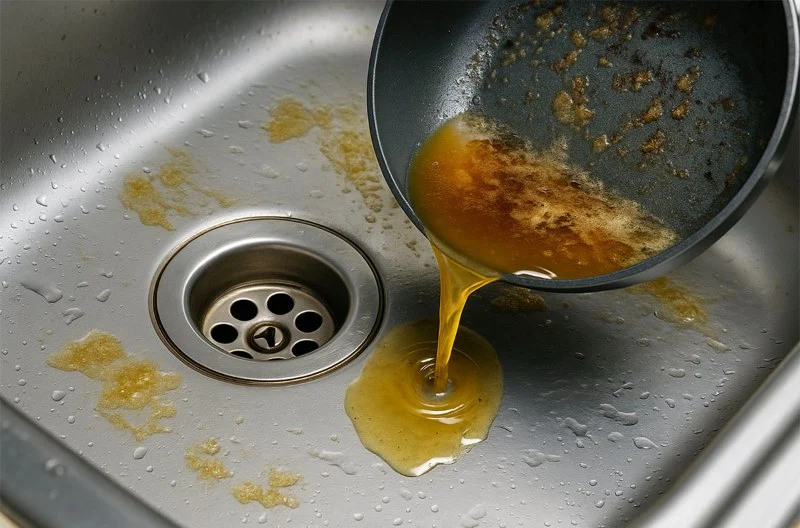
What Happens When You Pour Grease Down the Drain?
Many of us are guilty of pouring grease down the drain after cooking, thinking it's an easy way to get rid of it. However, doing so can lead to serious plumbing problems. In this article, we’ll explain why pouring grease down the drain is a bad idea, the consequences it can have on your plumbing, and what you should do instead.
1. Why Does Grease Cause Plumbing Problems?
Grease, whether from cooking oils, butter, or fatty foods, is a substance that is liquid when hot but hardens as it cools. When you pour grease down the drain, it may seem like it flows easily, but once it cools inside your pipes, it begins to solidify. Over time, this buildup can form a thick layer that blocks the passage of water, leading to severe clogs.
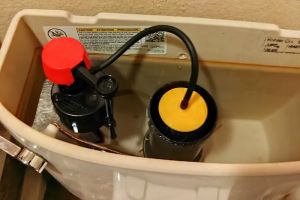
Coast Plumbing, Heating & Air, Inc.
Fountain ValleyOrange CountyCalifornia
17390 Mt Cliffwood Cir, Fountain Valley, CA 92708, USA
2. The Dangers of Pouring Grease Down the Drain
Here are some of the key problems caused by pouring grease down the drain:
- Clogs and Blockages: Grease buildup is one of the leading causes of clogged kitchen sinks. As grease solidifies in the pipes, it can catch food particles and other debris, forming a sticky mass that restricts water flow.
- Slow Draining: As grease accumulates in your pipes, it creates resistance, causing water to drain slowly. This is an early warning sign that a blockage is forming and should be addressed before it worsens.
- Pipe Damage: Over time, the grease buildup can corrode your pipes. When grease hardens, it can cause pressure to build up within the plumbing system, leading to cracked or even burst pipes in extreme cases.
- Odors and Bacteria Growth: Grease in your pipes provides a breeding ground for bacteria, which can emit foul odors. This can also lead to unpleasant smells coming from your sink or kitchen area.
3. How Grease Affects Your Drain and Plumbing System
When grease flows down the drain, it doesn’t just clog the sink; it also affects the plumbing system in other ways:
- Increases Pressure in Pipes: As grease accumulates and hardens, it narrows the pipes. This can increase the pressure inside the plumbing system and cause pipes to rupture or leak.
- Creates Fatbergs: A fatberg is a large mass of hardened grease and other materials that clog municipal sewer systems. This can lead to costly repairs and environmental hazards.
- Requires Professional Cleaning: Removing grease from pipes can be challenging. In some cases, professional plumbers need to use special tools and equipment to clear the clog, which can be expensive.
4. What to Do Instead of Pouring Grease Down the Drain
Now that you know the risks of pouring grease down the drain, here are some proper ways to dispose of it:
- Collect and Dispose of Grease Properly: Pour the cooled grease into a container, such as an empty can or jar, and throw it away with your regular trash.
- Use a Grease Disposal Bag: Some companies offer grease disposal bags that can be used to store cooking grease safely. These bags are designed to solidify the grease for easy disposal.
- Recycle Used Cooking Oil: In some areas, used cooking oil can be recycled. Look for local recycling centers or services that accept used oil to repurpose it for biodiesel production.
- Wipe Grease from Cookware: Before washing dishes, use paper towels to wipe away excess grease from pots, pans, and cooking utensils. This will help prevent grease from entering the drain in the first place.
5. How to Prevent Grease Clogs in the Future
Preventing grease clogs is easier than dealing with the aftermath of a blockage. Here are a few preventative measures:
- Install a Grease Trap: A grease trap can be installed in your kitchen sink to catch grease and prevent it from flowing into your plumbing system.
- Run Hot Water After Each Use: After cooking, run hot water down the drain to help dissolve any remaining grease and prevent it from hardening in the pipes.
- Use Drain Screens: Installing a drain screen will catch food particles and debris that could combine with grease to form blockages. Regularly clean the screen to keep your drain clear.
6. When to Call a Professional
If you’ve already experienced a grease clog or suspect a problem with your plumbing, it’s important to call a professional plumber. Plumbers can use specialized tools, like a drain snake or hydro-jetting, to break up and remove the grease buildup without causing damage to your pipes.
For high-quality plumbing supplies and advice, visit Plumbers Supply Hub, where you can find the best products and services to address your plumbing needs.
7. Conclusion
Pouring grease down the drain is a major mistake that can lead to expensive plumbing problems. Understanding the risks and learning how to dispose of grease properly can save you time, money, and hassle in the long run. By taking a few simple precautions, you can keep your plumbing system in good condition and avoid unnecessary repairs.

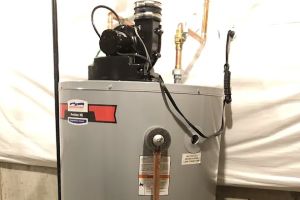
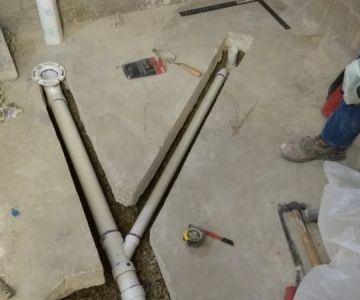
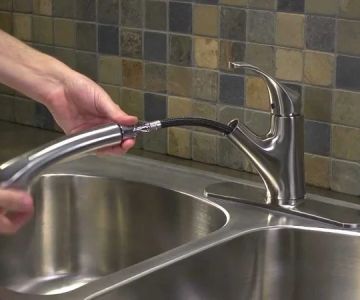

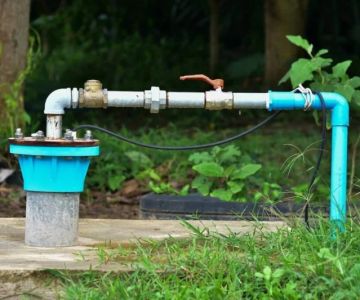
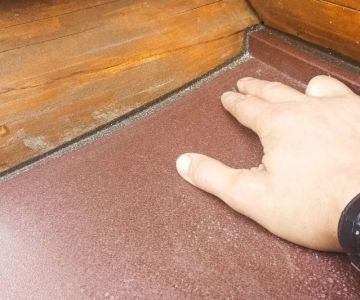
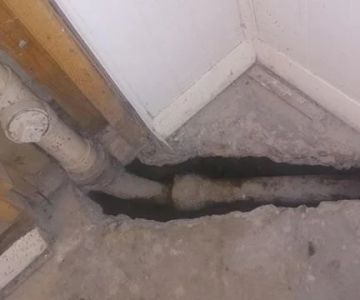
 Oakland Plumbing LLC5.0 (17 reviews)
Oakland Plumbing LLC5.0 (17 reviews)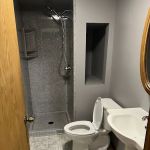 Midwest Plumbing & Service4.0 (7 reviews)
Midwest Plumbing & Service4.0 (7 reviews)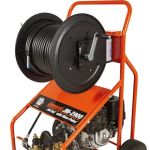 Moberly Plumbing4.0 (117 reviews)
Moberly Plumbing4.0 (117 reviews)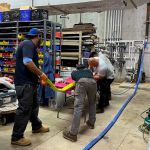 American Trenchless Technologies4.0 (8 reviews)
American Trenchless Technologies4.0 (8 reviews) Tony's Plumbing3.0 (12 reviews)
Tony's Plumbing3.0 (12 reviews)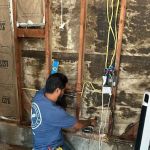 Socal Plumbing Co5.0 (5 reviews)
Socal Plumbing Co5.0 (5 reviews)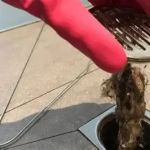 How to Repair a Hairball Clog Without Harsh Chemicals
How to Repair a Hairball Clog Without Harsh Chemicals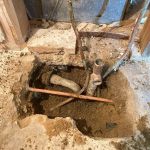 How to Repair a Junction That Is Leaking Under Slab: A Comprehensive Guide
How to Repair a Junction That Is Leaking Under Slab: A Comprehensive Guide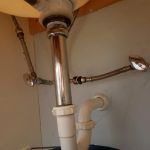 How to Replace a Sink Overflow Tube: A Complete Step-by-Step Guide
How to Replace a Sink Overflow Tube: A Complete Step-by-Step Guide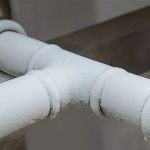 What Causes Frozen Pipes and How You Can Prevent It - Expert Tips
What Causes Frozen Pipes and How You Can Prevent It - Expert Tips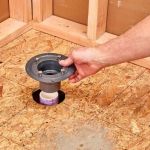 How to Replace a Shower Niche Drain: Step-by-Step Guide for Homeowners
How to Replace a Shower Niche Drain: Step-by-Step Guide for Homeowners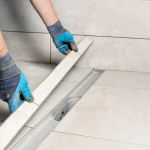 How to Replace an In-Wall Shower Drain: Step-by-Step Guide
How to Replace an In-Wall Shower Drain: Step-by-Step Guide